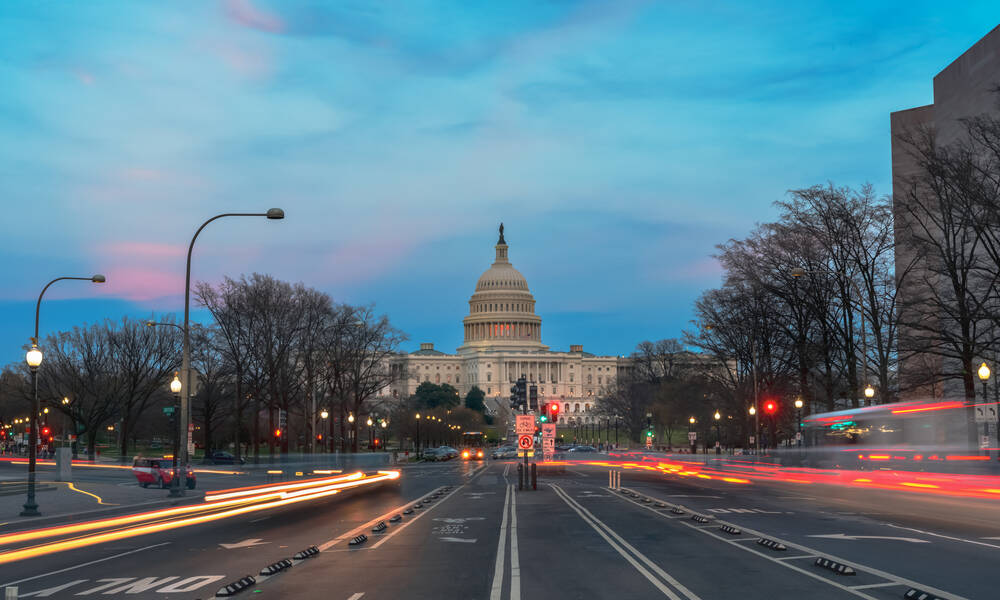
Report: Associations, Think Tanks Have a Leg Up in Advocacy Game
A new report from the Public Affairs Council finds that federal watchdogs are most trusted by congressional staffers, but associations and think tanks top other forms of private-sector advocacy.
Even in an era when congressional staffers are hearing a lot of arguments about the issues of the day from all directions, more traditional advocacy voices are still finding room in the conversation.
That’s a key finding of “Surround Sound,” a new report from the Public Affairs Council in partnership with the research firm Morning Consult.
In results from an online survey of 173 congressional staffers and federal employees, 8 in 10 respondents stated that they trusted political information from trade associations, and nearly the same amount (79 percent) said they trusted think tanks. The report found that associations and think tanks were generally more trusted than individual businesses (59 percent), lobbyists (61 percent), and online sources unaffiliated with the media (55 percent).
However, associations and think tanks don’t top the chart of most trusted sources by staffers—those generally tend to be official government sources, such as the Government Accountability Office (90 percent), the Congressional Research Service (88 percent), and federal agencies (86 percent).
One key factor that can help lock in that trust might be in-person meetings to Washington, DC, or district offices, which are among the most effective advocacy techniques (with respondents ranking them at 83 percent effective and 81 percent effective, respectively). Other communication strategies that work well include reports from think tanks (81 percent) along with calls and emails from constituents (77 percent each).
And if you can convince a CEO in your industry to show up, members of Congress will probably spend time with him or her: 83 percent of staffers said their bosses would be likely to meet with a chief executive from their district or state if they came to the District.
“Despite their unpopularity with the general public, corporate CEOs are an asset when it comes to getting meetings scheduled with members of Congress,” the report states [PDF].
Social media postings (57 percent) and advertising (58 percent) were among the least effective strategies.
The report notes that congressional staffers have concerns with social media in general—even as half of staffers use either Facebook or Twitter for at least half an hour a day, they rank social media as the least beneficial influence on the political discourse, with just 46 percent of respondents giving social media a positive score.
That said, congressional staffers have a rosier view of social media than federal workers, and there’s plenty of room to use social media to drum up influence. But you might want to focus your message on Twitter, which has a higher effectiveness level (90 percent) than either Facebook (85 percent) or Instagram (76 percent).
(YayaErnst/iStock/Getty Images Plus)






Comments